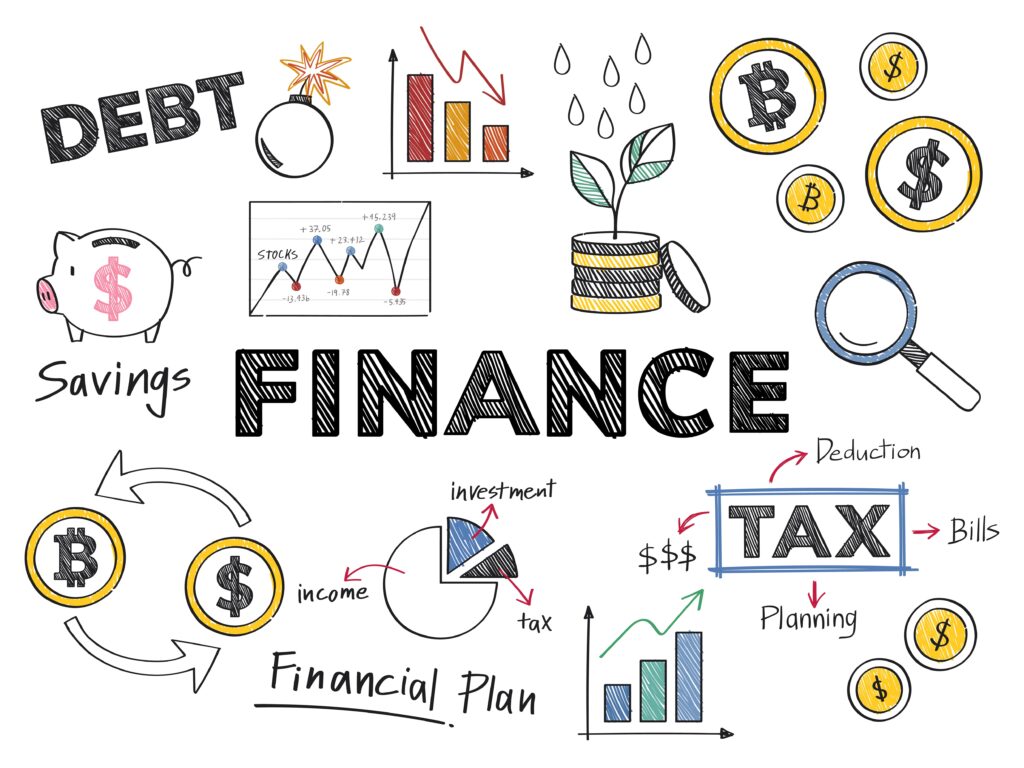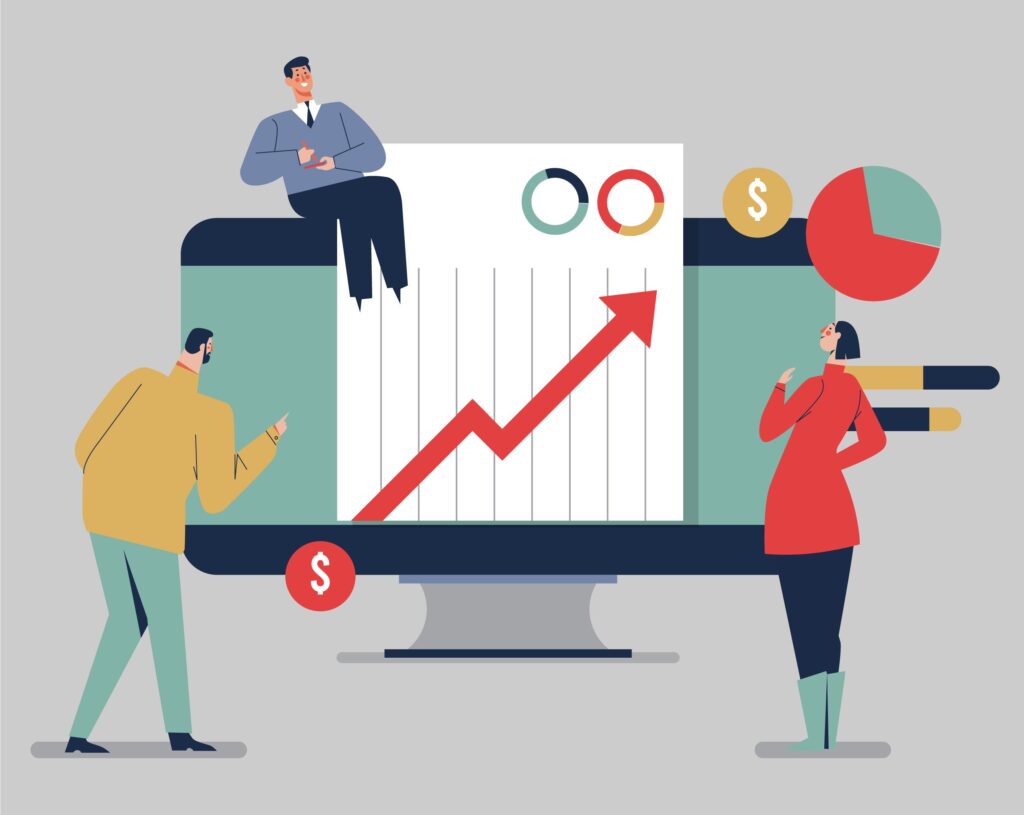
Forex Trading Syrixo.com
Getting Good Credit Scores and Best Report 2024 Syrixo.com, A Credit Score is a measure of one’s credit rating based on their financial report which is compiled by one of the three credit reporting agencies in United States. Every time you apply for a loan, a credit card, or a mortgage, the institutions that you borrow from will like to ascertain whether you are capable of repaying the money that you’ve borrowed from them. That is where your credit score comes in as it will determine your credit worthiness to the lending institutions.
What is the purpose of credit score?
- Credit score is a three-digit figure that illustrates ability to pay the balances due. It helps lenders decide:
- Whether or not to grant you credit where you have applied for a loan or credit.
- What interest rate to apply on you
- How far is one to go to credit you
What does the credit score show and how is it determined?
- Your credit score is based on:
- Some of these are Your payment history (did you pay your bills on time?)
- What kind of debt one has
- The length of time you have had credit
- The kind of credit you have which may be credit cards, loans and other forms of credit.
- New credit applications
What is considered as a good credit score?
These range from 300 to 850. Generally:700+ is good 600-699 is fair Interest rates could go up or worse some applicants could be rejected once their scores fall below 600.
Why is my credit score important?
A good credit score can receive you lower interest rates. assist you in accessing banking loans & credit cards. Help you cut cost of borrowing. Now that you have understood about credit score, go ahead and check your credit score with one of the credit reporting agencies, Equifax, Experian or TransUnion among others for free. Check it occasionally so you can know whether it is still viable or not.

What is a Credit Report?
A credit report can thus be described as being like a financial report card. It indicates how efficient you have been in managing your debts in the course of time. Banks, credit providers and any other financial institutions who give out loans and credits use it to determine whether to approve your loan or credit application. If you have any questions, you can contact us.
Your credit report typically includes:
- Personal Information: Address, name, the person’s Social Security number, and employment record
- Account Information: Cards, credit, loans, mortgages and other credit account
- Payment History: Payments that were made on time or maybe paid after the due period, accounts that were sent to collection agents, and payment bankruptcies.
- Public Records: Judgements orders, possession decrees and the tax levies.
- Inquiries: List of lenders and creditors who has pulled your report
Credit report is important because it is a document that will be used to determine one’s credibility for taking and repaying credit.
Your credit report affects:
- Loan and credit approvals
- Interest rates
- Credit limits
- All types of tenancy, including employment and rental applications (in some cases)
- What ‘s negative on a credit report?
Common errors include:
- Incorrect personal information
- Accounts that aren’t yours
- Incorrect payment history
- Old or outdated information
Types of Credit Scores (e.g. FICO, VantageScore)
You are familiar with credit scores, but have you ever considered that there is more than one type of credit scores? Let’s break it down.
There are two primary kinds of credit score.
- FICO Score
- VantageScore
FICO Score
- Credit scoring information is produced by Fair Isaac Corporation.
- Most popular type of credit score among the lenders (Note: 90% of lenders use this score)
- Range: 300-850
Factors:
- Payment history (35%)
- Credit utilization (30%)
- Interest rate on account (15%)
- Credit mix (10%)
- New credit (10%)
VantageScore
Developed by Equifax, Experian Company, and Transunion Company
Range: From 501 to 990, typically from 300 to 850 It varies, though it can be measured from 500 to 1000 sometimes from300 to 850.
Factors:
- Payment history (40%)
- Credit depth (21%)
- Credit utilization (20%)
- Credit mix (11%)
- New credit (8%)
Other Credit Scores
TransRisk Score: determines possibility of account closure, or even bankruptcy, of the borrower.
Equifax Risk Score: determines credit risk for the lenders
Experian Plus Score: for the products which consumers cannot frequently utilize or cannot trigger credit history records
What’s the difference?
FICO and VantageScore use similar attributes although the measures assigned to each are different. VantageScore, on the other hand, affords greater importance to the payment histories.
Which score matters most?
Most lenders rely on FICO but may go by VantageScore or both. It also varies from one lender to the other so you should inquire from your lender as to which score they use.
Takeaway
Understanding the different credit score types helps you:
- Monitor your credit health
- Improve your scores
- Make informed financial decisions
- Protect Your Credit: Monitor for Errors
Credit reports determine approval of loans, the interest rates to be charged and in some cases even employment opportunities. But errors can be detrimental and negatively affect one’s credit score. Stay vigilant!
Why Check for Errors?
According to Federal Trade Commission, one in every five credit reports has a mistake. This type of mistakes also affects the credit score by bringing it down. It can result to refused loans or issuance of these loans at steep rates of interest
Common Credit Report Errors
- Incorrect Personal Info: misidentification of name, address or Social Security number
- Accounts That Aren’t Yours: false or false accounts
- Incorrect Payment History: delays, or even wrong amounts paid
- Old or Outdated Info: clients with accounts who paid off or have been closed but are still shown on the system.
- Identity Theft: fraudulent or background check or any kind of other illegitimate accounts.
The time that is required for this exercise may vary depending on the scale of the document: How to Check for Errors. Getting a debt lawsuit dismissed. Get Your Free Report: for free using the annual credit file disclosure law to request credit reports from each of the three major credit reporting agencies (Equifax, Experian and TransUnion).
Review Carefully: verify each of them, such as the personal details and account statement.
Dispute Errors: inform the credit reporting agency and the creditor, and creditor where necessary
Disputing Errors: Step-by-Step
Write a Dispute Letter: describe the mistake made and ask for the rectification
Include Proof: supply such ancillary evidence as payment slips
Send to Credit Agency: letter or send through the internet
Follow Up: double check that the corrections which were made are correct
Conclusion: Taking Control of Your Credit Score and Report
You know the ABCs of credit scores and credit reports. So now let’s get to it, let’s apply that knowledge.

Why Control Your Credit?
- Favorable interest rates and other emoluments.
- Lower interest payments
- Financial flexibility
- Peace of mind
5 Easy Strategies That Help You Regain Control
- Check Your Credit Report: every year and it costs nothing as it is provided by Equifax, Experian, and TransUnion.
- Monitor Your Credit Score: monitor shifts, determine objectives for progression
- Pay Bills on Time: we have identified that payment history contributes to 35% the total scored achieved.
- Keep Credit Utilization Low: the ideal constructed credit to limit their credit card usage to < 30% of the available credit.
- Dispute Errors: knowledge can be gained or lost, and wrong information on a subject can be damaging to your score.
- Here is an article about building a diverse portfolio.
Additional Tips
- Don’t Open Unnecessary Credit: You love being in a position whereby your score reduces due to a lot of inquiries.
- Build a Credit History: are usually taken using a secured credit card or an initial secured loan.
- Avoid Negative Marks: minimize the risks associated with cases of delayed payment, collection and bankruptcy
Your Credit, Your Future
By taking control of your credit score and report, you’ll:
- Improve financial stability
- Increase credit options
- Enhance financial confidence
Conclusion
Schedule regular credit checks. Make reminders for clients to make their payment on the due dates. The budget should be increased or decreased where necessary. Here is an article on cryptocurrencies. Use it and stand to be accountable for the credit score and report card as your own. Make informed financial decisions. Ensure a more secured future in as per the financial need of an individual or a family.







4 thoughts on “Getting Good Credit Scores and Best Report 2024 Syrixo.com”